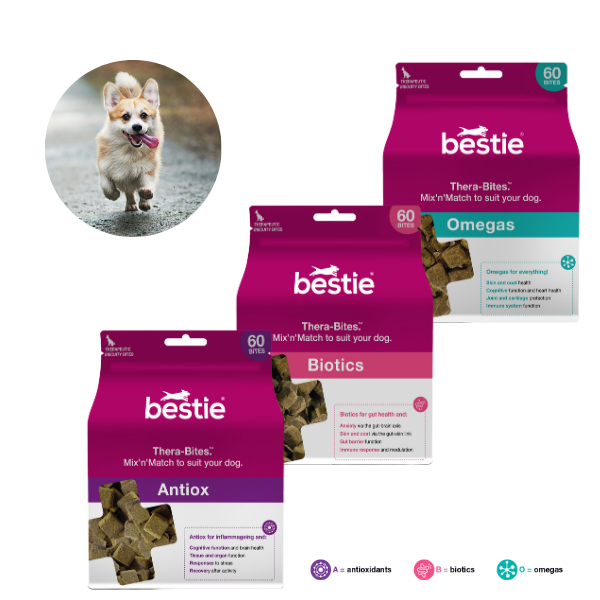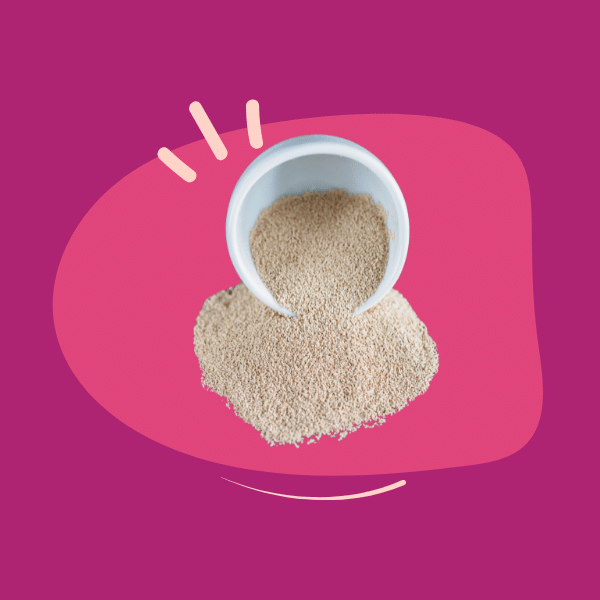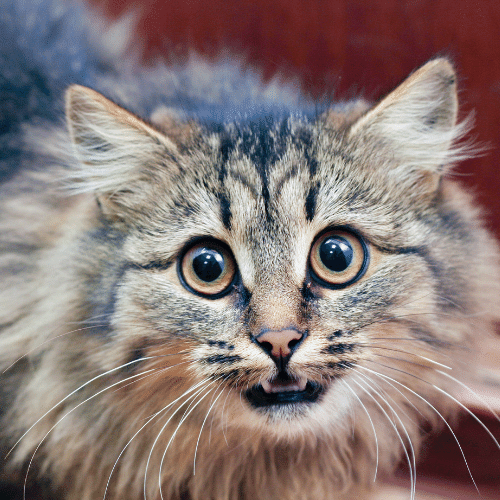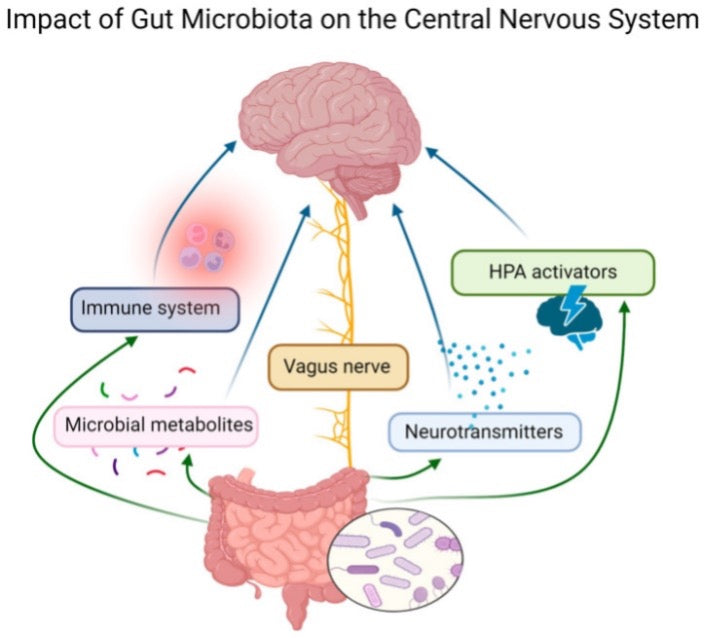A fondness for grooming or something more serious? We talk about anxious behaviour in cats far less than we do in dogs…but a high proportion of cats, do get anxious. Are your cat’s anxiety signals too subtle to recognise?
There is actually a whole stack of signals a cat gives us to express their anxiety. Everything from ‘loud’ signs like diarrhoea and vomiting to the more subtle, like sleeping more often, pacing and being unresponsive – even when there are sharp and loud noises.
In fact, according to Eve McKenzie, a trainer who works with dogs and cats, “I think our society is probably not as good as it should be in recognizing anxious cats, so there's a lot of behaviour [we miss]. Well, they have a language as well, and their language is probably even more subtle than dogs’ language.”
She says that when it comes to cat anxiety signals, sometimes cats will vocalize. They do things like excessive grooming, or toilet outside their litter tray. That's a sign of anxiety.
“And people just say, look, the cats are being naughty cats but actually they’re not, they’re probably most likely anxious about something.”
Eve says there is a number of things that we can look for and it just depends on kind of what that trigger is. If the cat is living with another cat and the cat is very anxious about that, they'll be sort of certain behaviours; the cat might sit in the hallway, not let the other cat go past. Or the cat will guard the litter tray, and not let the other cats go near it.
Battersea Dogs and Cats Home, an animal rescue centre established in the UK in 1860, (and yes, you DID read that correctly - 1860!) says that in addition to physical signs of a stressed or anxious cat, there are other behavioural signs too, including some that are almost contradictory:
- Toileting outside of the litter tray (e.g. behind the sofa, under the bed, on the bed etc), spraying urine on furniture and other items around the home
- Scratching excessively on the furniture
- Aggressive behaviour directed towards you, your family or visitors or other pets
- Excessive meowing
- An increased dependency on you or your family, constantly wanting to interact
- Withdrawal from you and the family, no longer interested in interacting with you
- Unresponsiveness to things going on around them (they don't jump or get startled by loud noises or quick movements)
- Constant vigilance and jumps at every sudden sound or movement
- Frequent hiding when in the home (e.g. under a sofa or bed, on top of a wardrobe)
- Reluctance to play – having previously been very playful, come into the home, go outside
- Excessive grooming or rapid frequent grooming that usually lasts around five seconds, starting and stopping quite suddenly
- Repeated pacing when in the home, often accompanied by loud meowing.
- Often crouching and looking tense indoors
- Ears rotate backwards frequently or flatten downwards
- Wide open eyes with very dilated pupils which makes their eyes look black
- Staring at the floor with a fixed, glazed expression
- Frequent head shaking
- Rippling, twitching skin on their back
- Exaggerated swallowing and quick flicks of their tongue onto their nose
(For even more cat anxiety signals from Battersea, go here.)
Training cats out of anxious behaviour
You might be thinking, train a cat? No way! However, Eve says that she takes the same approach to training cats as she does to training dogs.
The behaviour principles used are the same for cats:
“As we do with dogs, as we do with elephants, as we do with, you know rats, as we do want it with any animal!”
“The behaviour change protocols are the same,” she says. “It depends on what the behaviour issue is, but for example, if someone's got two cats that are fighting if you're not home, then we put some very basic management principles in place. Don’t leave them together, separate them so they can't get to each other.”
What about anxiety during thunderstorms? Do you deal with it or just live with it?
“Yes, so prevention is always better than trying to cure those behaviours. So we always say to people who have puppies [or kittens] to do a number of things to actually get puppies ]or kittens] kind of used to thunderstorms. So when thunderstorms happen we pair that with something good happening for them. That means the thunderstorms will predict something good happening for the dog [or cat], and we try and get the owner to do that every time.”
There are other things we can do as well. Eve suggests playing CDs that have got thunderstorm sounds on them. However, if they become thunderstorm phobic, anti-anxiety medication prior to the storm may be needed.
In addition to helping your cat be less anxious with training, a good diet is also important. Our balancing supplement for cats is added to fresh food to make a complete and balanced meal in moments.
Eve is a trainer with a list of accreditations as long as your arm. I spoke with her recently about anxiety, for our interview series Pet Parent with a Brain. (This is an edited excerpt from the transcript of that interview; you can watch the whole thing here.)




















